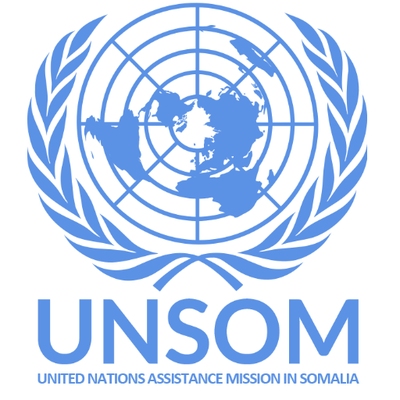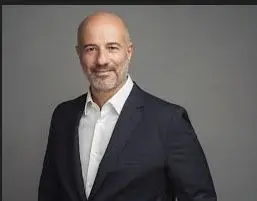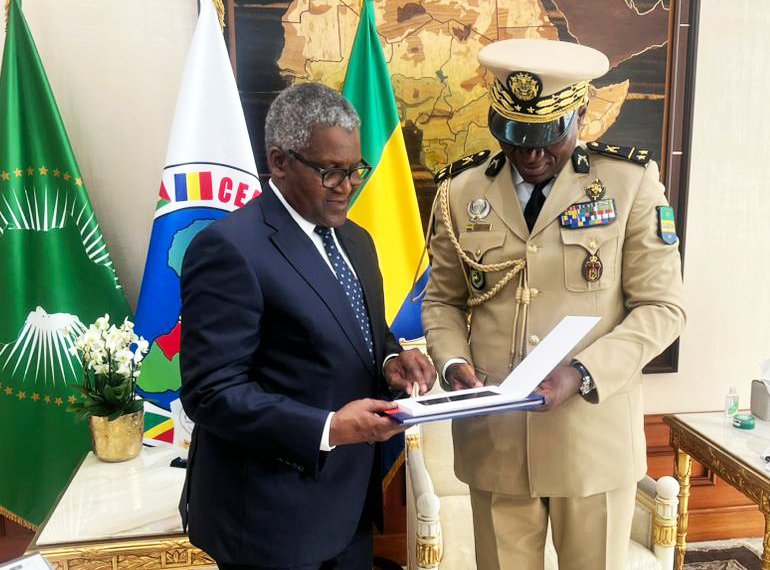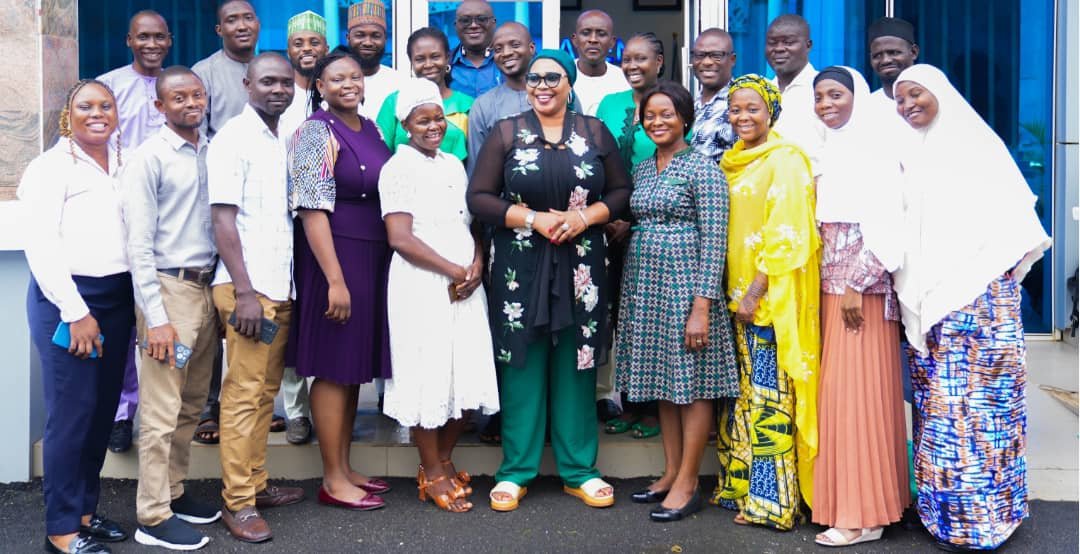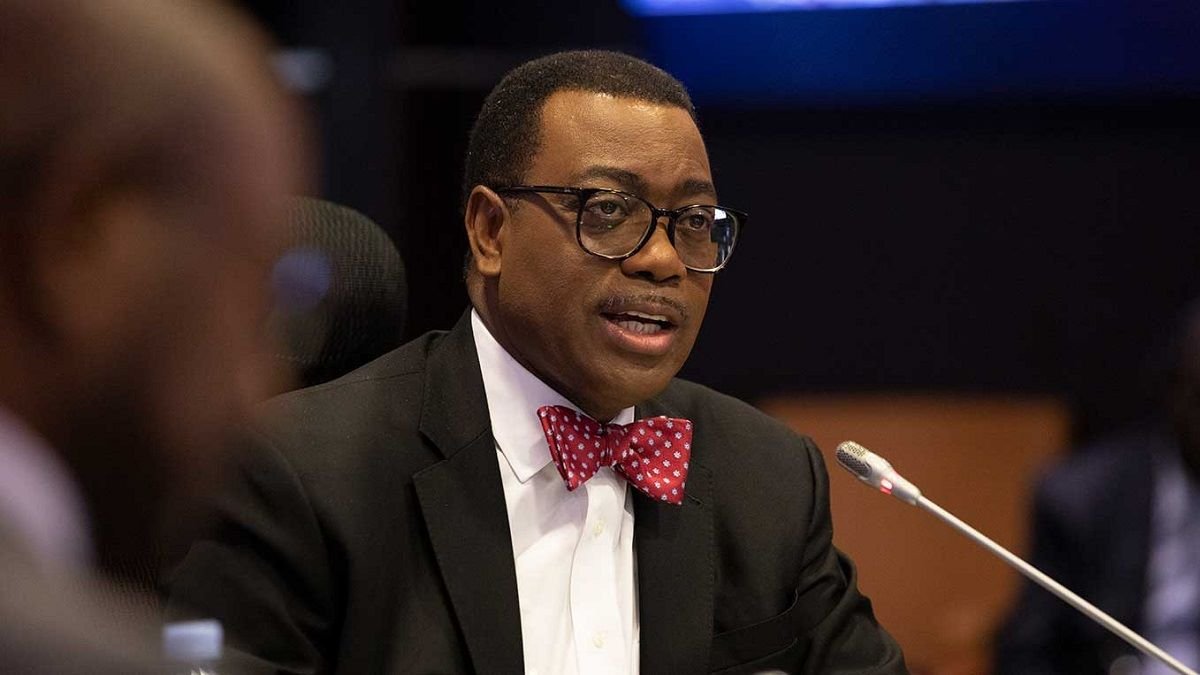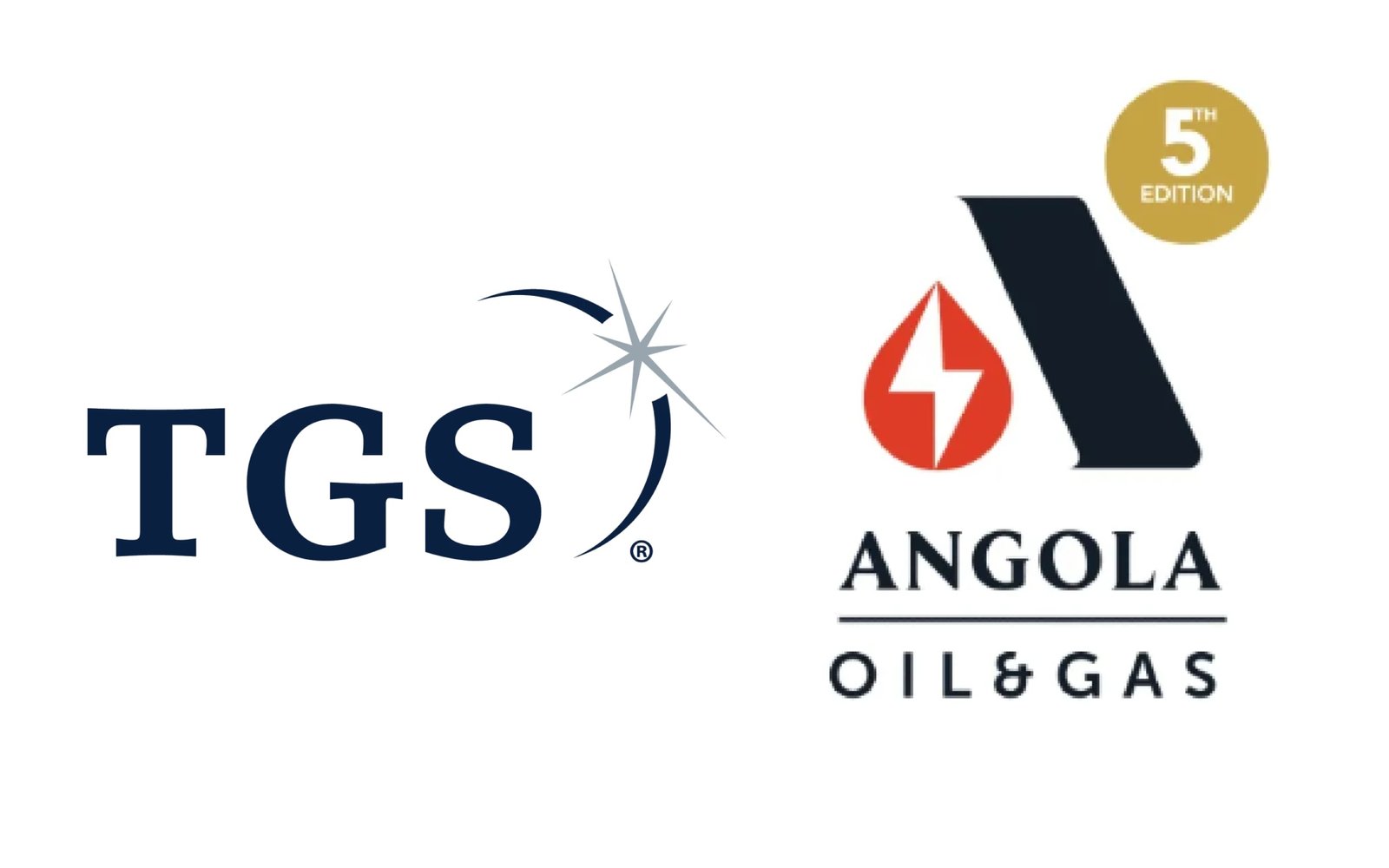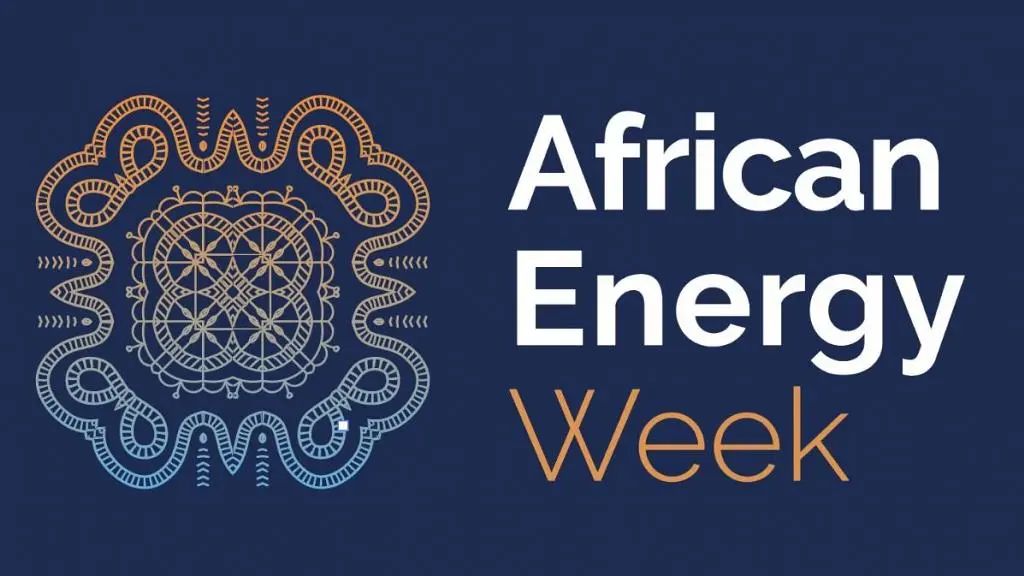Somalia is on the path to recovery after decades of turmoil and violence. Its youth are playing a crucial role in this process.
Some are driven by their own personal stories and the challenges they have faced. Others are inspired by their experiences, like Fadumo Ali Iman, who was motivated to co-found a non-governmental organisation (NGO) to support young girls in her hometown of Baidoa, located in the South West State of Somalia.
Her mission is to empower young girls with the tools they need to create brighter futures for themselves.
The 27-year-old’s commitment to safeguarding and empowering women was ignited during her employment with an international NGO, INTERSOS, from 2013 to 2017.
“My journey of helping girls and protecting women and children from violence began at INTERSOS. I loved my job,” says Ms. Iman.
Driven by this fervour, in October 2019, alongside her friend Fartun Hassan Ali, she established the Somali Girls Rights Organisation (SGRO). Ms. Iman, now the Director of SGRO, pursued her education at Salahu-diin Primary and Secondary School in Baidoa and later graduated from Bay University in 2018 with a bachelor’s degree in public health.
At the core of SGRO’s mission is advocacy for vulnerable young girls to access secondary and university education.
“Our efforts have borne fruit. Presently, we have successfully sponsored the enrolment of 48 girls in secondary schools. Furthermore, local institutions like Bay University and Gannany University have graciously admitted 21 girls free of charge,” Ms. Iman says.
She firmly believes in the transformative power of education, stating that “giving girls access to formal education or marketable skills is a strategic way to promote women’s economic stability and political participation.”
New idea
After a few years of operation and placing many young women in formal education, the founders of SGRO also realised that not all girls had the chance to join the formal education system due to various financial and cultural barriers.
Based on this insight, they decided to broaden SGRO’s scope and open a vocational centre in Baidoa, the biggest city in South West State.
“Since April this year, our centre has welcomed 153 young girls, most of whom are internally displaced, to learn vocational skills and receive a basic education. They can choose from courses such as beauty salon operation, tailoring, and cloth dyeing, as well as literacy and numeracy. Our students are aged between 15 and 25, and some of them are even breastfeeding young mothers,” says Ms. Iman.
Finding support
Launching and sustaining an NGO is a formidable undertaking, especially in its infancy. For Ms. Iman and her co-founder, Ms. Ali, invaluable support came from local businesswomen who shared their vision.
“Five local businesswomen have been covering the centre’s running costs for the past four months, since we opened it in April. They pay for salaries, teaching aids, and rent. I am deeply grateful for their kindness. But we also hope to receive support from Somali authorities, international NGOs, and the United Nations,” Ms. Iman says.
“We cannot rely solely on our sisters’ financial assistance,” Ms. Iman notes earnestly. She highlights the pressing need for better resources and conditions within the centre for both teachers and students.
The students at the vocational centre are eager to learn and transform their lives and those of loved ones.
“I gained essential skills and wish to continue my studies to support my family,” says 16-year-old Iqra Moalim Aden, a student thanks to SRGO’s efforts.
Another, Shamso Adow Aden, who is learning the art of dyeing clothes, adds, “After three months of theory, practical exercises have begun. I’m excited to advance my skills, especially tie-dyeing.”
Collaboration
Located on the northeastern side of Baidoa City, the vocational centre is staffed by six individuals, whose salaries are supported by the local businesswomen. In total, SGRO comprises seven staff members and 11 volunteers. Operating with limited funding, the availability of educational materials such as textbooks and desks, remains a challenge, often necessitating resource sharing among students.
Beyond its focus on education, SGRO also collaborates with WARDI Relief and Development Initiatives to enhance local healthcare access.
“Since October 2022, our community health workers have been assisting internally displaced individuals by providing information on referral health centres and reporting gender-based violence incidents,” Ms. Iman says.
During the testing times of the COVID-19 pandemic, SGRO joined forces with international NGO Islamic Relief and the government of the South West State to combat the spread of the virus.
“We distributed new clothes to 150 underprivileged children, enabling them to celebrate Eid-ul-Adha. Amid the pandemic, my team and I tirelessly conducted awareness campaigns, countering misinformation about COVID-19,” Ms. Iman says.
UN approach
The United Nations believes that investing in girls’ education transforms communities and countries, with girls who receive an education being less likely to marry young and more likely to lead healthy, productive lives. They also earn higher incomes, participate in the decisions that most affect them, and build better futures for themselves and their families. Girls’ education also strengthens economies, reduces inequality, and helps contribute to more stable, resilient societies that give all individuals the opportunity to fulfil their potential.
According to the UN Children’s Fund (UNICEF), more than three million children in Somalia are out of school. In many areas across the country, parents are not able to fund their children’s education. In addition to poverty, long distances to school, safety concerns, social norms favouring boys’ education, a lack of teachers, particularly female teachers, and the low availability of sanitation facilities, these factors stop parents from enrolling children, particularly girls, in school.
“Fadumo’s work to get young girls into the classroom is inspiring. In Somalia, there has been progress in enrolment, although only slightly over 40 per cent of children in school are female,” says UNICEF’s Representative to Somalia, Wafaa Saeed. “Education access and skills development must be inclusive for all children, everywhere. This prepares them to succeed in life and fulfill their potential.”
In support of the Somali government, UNICEF works with local authorities and partners to provide children from nomadic and pastoralist families and other out-of-school children with an opportunity to go to school. The UN agency also supports government efforts to build a strong education system through strengthening the capacity of teachers, providing high-quality teaching, and learning materials, and developing key learning and teaching policies, curriculum and learning assessments.


